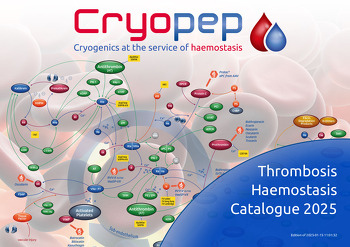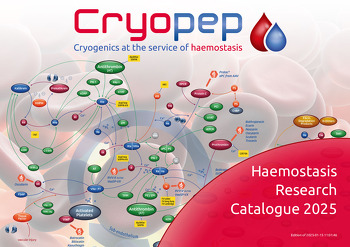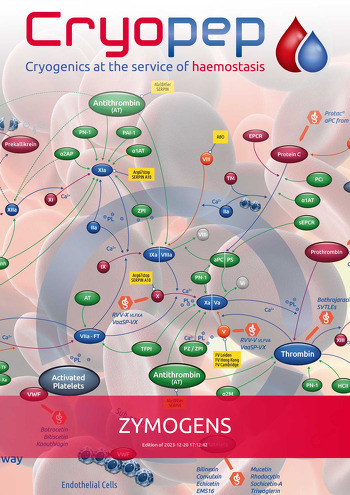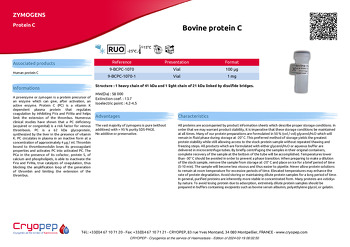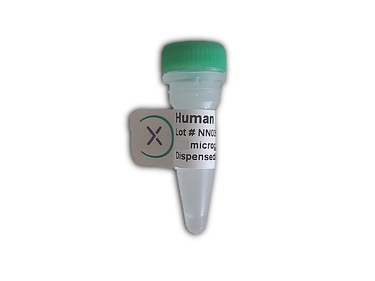HEMOSTASIS COAGULATION RESEARCH REAGENTS ZYMOGENS PROTEIN C
Bovine protein C
Structure : 1 heavy chain of 41 kDa and 1 light chain of 21 kDa linked by disulfide bridges.
MW(Da) : 58 000
Extinction coef. : 13.7
Isoelectric point : 4.2-4.5
Advantages
The vast majority of zymogens is pure (without additives) with > 95 % purity SDS-PAGE.
No additive or preservative.
Informations
A proenzyme or zymogen is a protein precursor of an enzyme which can give, after activation, an active enzyme. Protein C (PC) is a vitamin K dependent plasma protein that regulates coagulation by inhibiting FVa and FVIIIa and helps limit the extension of the thrombus. Numerous clinical studies have shown that a PC deficiency (acquired or congenital) is a risk factor for venous thrombosis. PC is a 62 kDa glycoprotein, synthesized by the liver in the presence of vitamin K. PC circulates in plasma in an inactive form at a concentration of approximately 4 μg / ml. Thrombin bound to thrombomodulin loses its procoagulant properties and activates PC into activated PC. The PCa in the presence of its cofactor, protein S, of calcium and phospholipids, is able to inactivate the FVa and FVIIIa, true catalysts of coagulation, thus blocking the amplification loop of the generation of thrombin and limiting the extension of the thrombus.
Documentation
Download the product sheetPrice list, safety data sheets and notices are accessible to our registered customers.
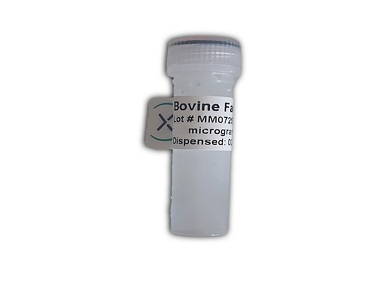





References
| 9-BCPC-1070 | Vial | 100 µg |
| 9-BCPC-1070-1 | Vial | 1 mg |













